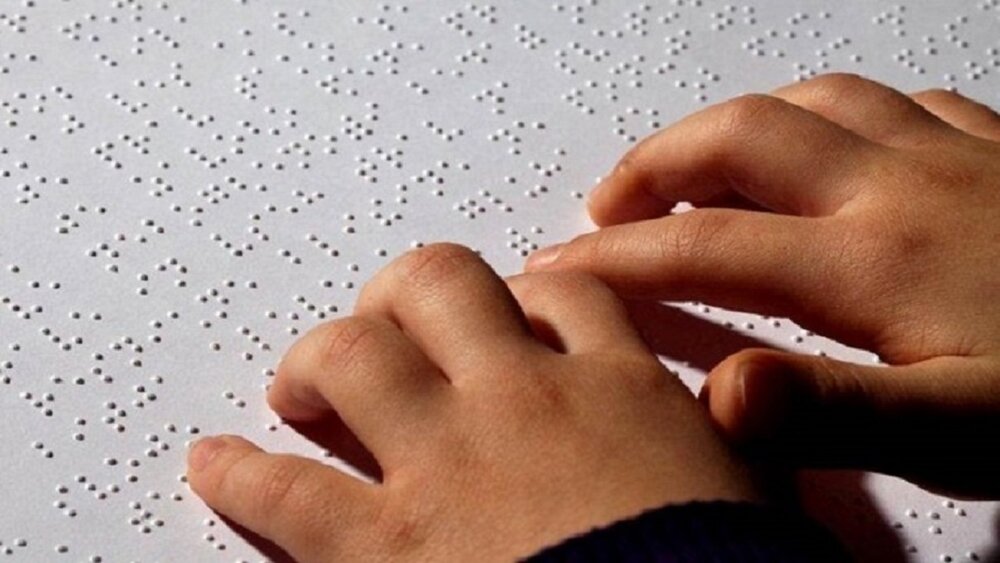The International Commission of Jurists welcomes the decision by the High Court of South Africa to declare unconstitutional South Africa’s Copyright Act, as it failed to make provision for persons with visual impairments and other disabilities to access literary works in readable format.
The ICJ participated in the case as a third party.
At a hearing On 21 September in the matter of BlindSA v Minister of Trade, Industry and Competition, the High Court pronounced is judgement, which must still be affirmed by South Africa’s Constitutional Court.
BlindSA, a non-governmental organization which works to improve the quality of lives of visually impaired person in South Africa, represented by SECTION27, had challenged the constitutionality of South Africa’s Copyright Act on the grounds that it violates a range of constitutional rights of visually impaired persons, including their rights to dignity and equality.
“Equal access to reading materials is a fundamental human right. The Copyright Act not only violates the various constitutional rights but also fails to comply with South Africa’s obligations to persons with disabilities under international law. A declaration of constitutional invalidity will allow for easier access to books and other reading materials to persons with visual impairments, and should be celebrated as a victory for human rights and the rule of law in South Africa,” said ICJ Africa Director, Kaajal Ramjathan-Keogh.
The ICJ was admitted as an amicus curiae in the case and supported the arguments raised by Blind SA by drawing the Court’s attention to international law and standards on the rights to education and cultural life protected under the Convention on the Rights of Persons with Disabilities and the International Covenant on Economic Social and Cultural Rights as well as the Marrakesh Treaty to Facilitate Access to Published Works for Persons Who Are Blind, Visually Impaired or Otherwise Print Disabled (Marrakesh Treaty).
The Copyright Act, which is an apartheid era law, fails to make provision for persons with visual impairments and other print disabilities to convert, reproduce or distribute copyrighted works into a format they can read without the copyright holder’s permission. This has made it very difficult for those persons to access literary works in readable formats, placing an impermissible barrier in their access to reading materials necessary for education and full participation in cultural life.
After hearing argument on behalf of Blind SA, the ICJ and two other amici (Media Monitoring Africa Trust and ReCreate SA), Judge Mbongwe declared the Copyright Act unconstitutional , noting that it violated various rights of blind and visually impaired persons, and did not comply with Marrakesh Treaty. Reasons for Judge Mbongwe’s decision will be provided at a later date and the order of constitutional invalidity will have to be confirmed in South Africa’s Constitutional Court.
The ICJ, represented by the Equal Education Law Centre (EELC) and Advocates Muhammad Suleman and Sithandiwe Mdletshe argued that South Africa has failed to take the necessary measures under international law to remove barriers to non-discriminatory access to reading materials for persons with disabilities and to prevent third parties from interfering in the exercise of the rights of visually impaired and blind persons.
The ICJ and EELC have also previously made joint submissions in support of section 19D of the proposed Copyright Amendment Bill which would have the effect of creating an exception to the application to copyright protection and thereby allow easier access to reading materials for persons with visual impairments.
Judge Mbongwe’s order resolves the unconstitutionality in the Copyright Act by reading the text of section 19D of the Copyright Amendment Bill into the Act as it stands. The order therefore will help to ensure that South Africa is in compliance with its international legal obligations.
Read ICJ’s submissions here.
Read ICJ’s heads of argument here.
Contact:
Kaajal Ramjathan-Keogh, Director Africa Programme, Kaajal.Keogh@icj.org
Tanveer Jeewa, Legal and Communications Officer, Tanveer.Jeewa@icj.org




